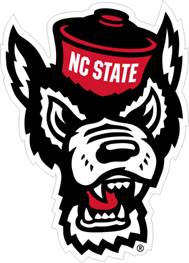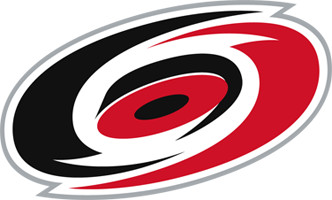by Renee Ehrlich LAT, ATC
Concussions don’t just happen in football! As January is National Winter Sports Traumatic Brain Injury Prevention Month, let’s take a moment to discuss concussions that occur in winter sports. Firstly, what is a concussion? A concussion is a mild traumatic brain injury that can occur from an impact to the head or a whiplash type jerking of the neck. This causes the brain to be injured and can cause a variety of different symptoms. Symptoms of a concussion can include but aren’t limited to, headaches, dizziness, nausea and vomiting, disturbances in vision or hearing, memory loss, fatigue, and changes in mood. Winter sports have a high incidence of concussions, up to a quarter of concussions in extreme sports happen in skiing and up to a third happen in snowboarding. These sports are usually done in a non professional setting where access to a health care professional, such as a doctor or an athletic trainer, is not as readily available as it would be in a sport like high school football. This is one of the reasons the rate of concussions in these sports is so high.
One might say, “I wear a helmet when I go snowboarding so I’m safe from concussions right?”. Helmets can help lessen the impact of a blow to the head, but they are designed to protect the skull from fracture, they are not sufficient at stopping the brain from moving around in the skull after an impact or from the neck being jerked in different directions during a fall or a crash.
So what can you do to prevent getting a concussion on the slopes? Always wear your helmet. Safety gear is the most important part of prevention. Next, always stay on the marked trail you are skiing or snowboarding on and be aware of what is going on around you. Lastly, if there is a question of if you think you have a concussion or not, seek out medical help. There is no such thing as a “ding” or a “bell ringer” if you feel you might have had a head injury, no matter how mild, ask a medical professional.
Always be safe when participating in any sport, and have fun!
Sources:
Head & Neck Injuries in Winter Sports
Concussions & Winter Sports
https://www.healthiestbest.com/concussions-and-winter-sports
About the Author- Renee Ehrlich
Renee Ehrlich is a Certified Athletic Trainer (ATC), and licensed
Athletic Trainer (LAT) through the North Carolina Board of Athletic
Trainer Examiners. Renee graduated from Hofstra University with a Bachelor of Science in Athletic
Training in 2014. She spent 2 years as an Athletic Trainer at The Morgan School in Connecticut.
Renee joined Raleigh Orthopaedic Performance Center in 2017 and works along side Sports Physical Therapist Dennis Meszler in assisting with patient treatment.









